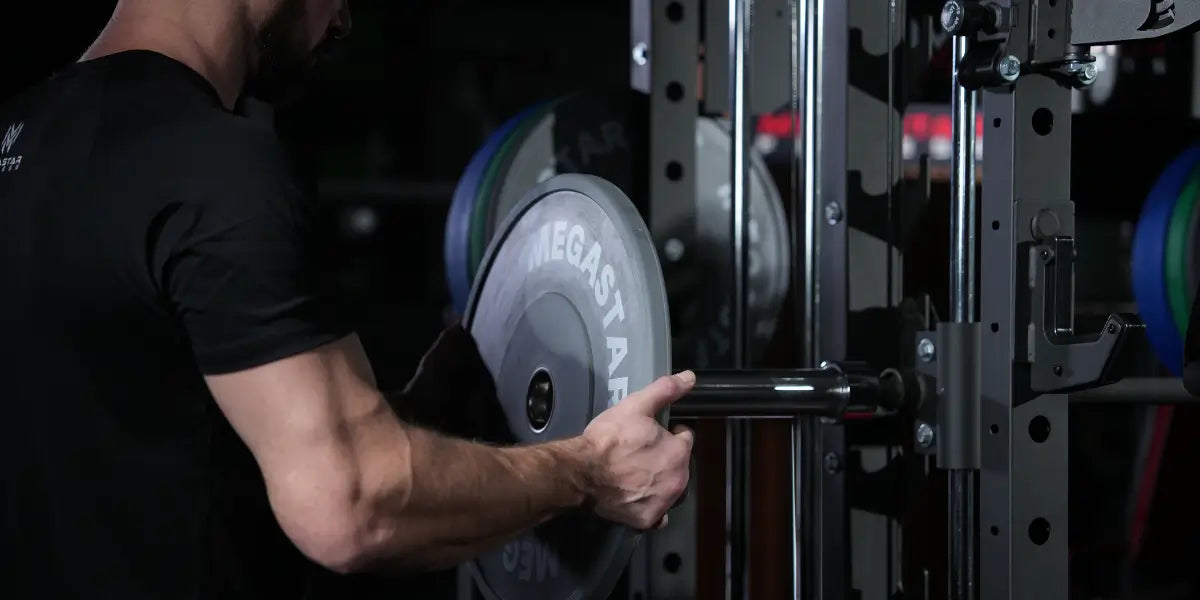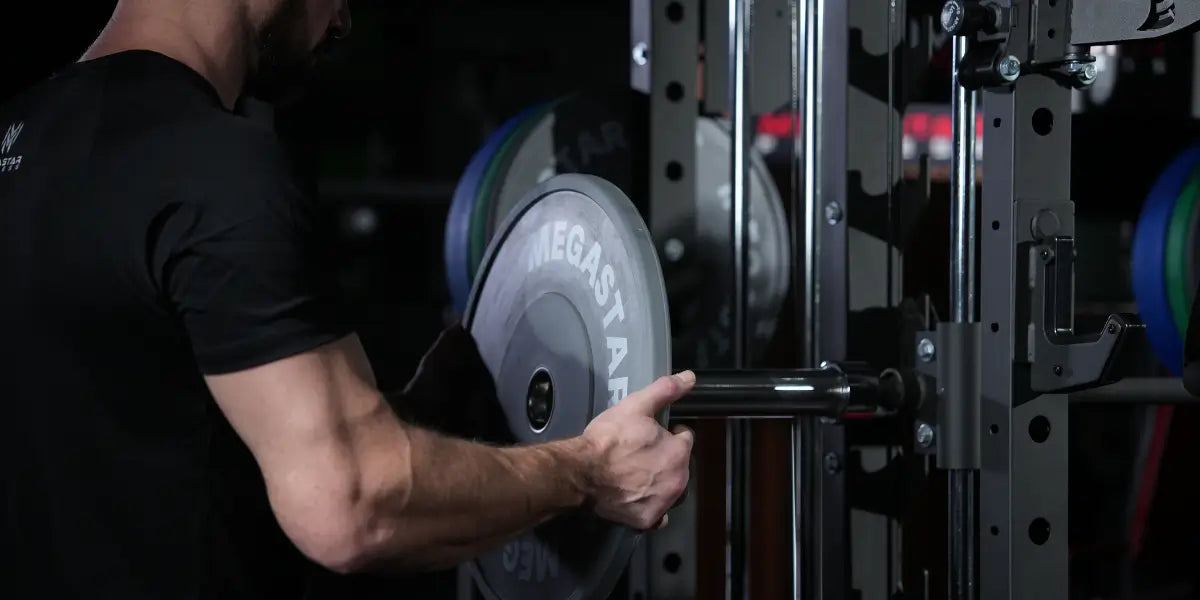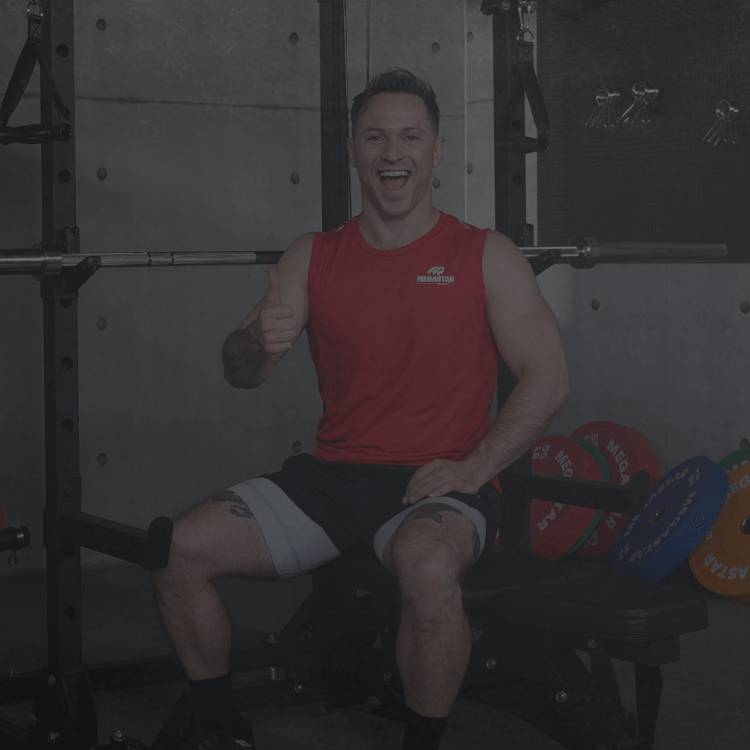Starting your muscle-building journey can feel intimidating. You walk into the gym, see racks of dumbbells, endless machines, and people who all look like they know exactly what they’re doing. Meanwhile, you’re standing there wondering where the heck to start.
Here’s the thing—you don’t need to overcomplicate it. You don’t need the fanciest program or expensive supplements. What you do need is a game plan, consistency, and a focus on the basics that actually work.
This guide will lay out exactly what beginners should know: the mistakes to avoid, the key principles of building muscle, and a simple, no-nonsense training plan to get you moving in the right direction.
Why Beginners Actually Have the Edge
Good news: if you’re new to lifting, your body is primed for growth. This phase is often called “newbie gains.” Basically, your body adapts super quickly when you start lifting—your muscles grow, your strength shoots up, and even your coordination improves.
The catch? You only get this phase once. To take full advantage, you need to train smart, not just hard.

Beginner Mistakes That Kill Progress
Before we talk about what to do, let’s cover what not to do:
1. Trying to Do Everything at Once
Hitting the gym every single day, hopping on every machine, and burning yourself out—it’s a recipe for injury and zero results.
2. Letting Form Slide
Throwing heavy weights around with sloppy technique doesn’t make you stronger—it just makes you more likely to tweak your back. Nail the basics first.
3. Avoiding the Big Lifts
Sure, machines feel safe, but real growth comes from compound moves like squats, bench, and deadlifts.
4. Eating Like a Bird
Training breaks your muscles down. Eating—especially protein—builds them back up. No food = no gains.
5. Inconsistent Training
Two weeks on, three weeks off doesn’t cut it. Consistency is the magic ingredient.
Muscle-Building: The Big 3
When it comes to growing muscle, everything boils down to three principles:
1. Progressive Overload
Lift a little heavier, push a few more reps, or add a set over time. Muscles only grow when you give them a reason to.
2. Recovery
Growth happens when you rest, not when you’re grinding through your sixth chest day in a row—respect rest days.
3. Nutrition
Think of protein as the building blocks and calories as the fuel. Aim for 0.7–1 gram of protein per pound of bodyweight every day.
Best Exercises for Beginners
Focus on compound lifts. They work multiple muscle groups at once and give you the biggest bang for your buck.
Upper Body
- Bench Press – Chest, shoulders, triceps.
- Pull-Ups / Lat Pull-downs – Lats and biceps.

- Barbell Rows – Back thickness and rear delts.
- Overhead Press – Shoulders and triceps.
Lower Body
- Squats – The foundation of leg strength.
- Deadlifts – Full-body power, especially hamstrings and glutes.
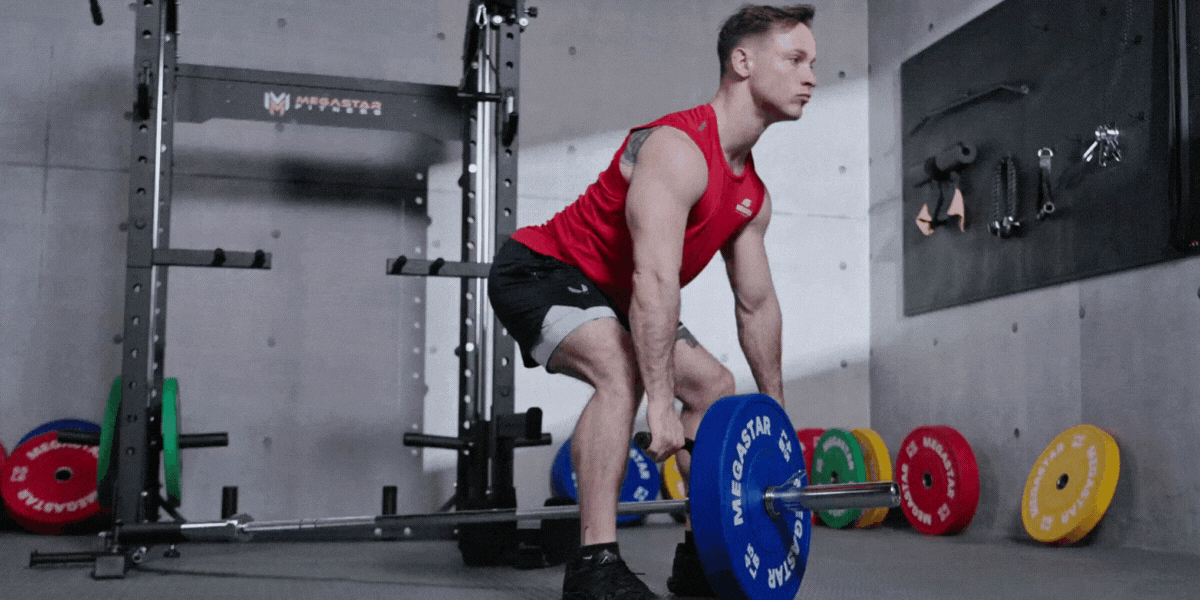
- Lunges – Great for balance and single-leg strength.
- Leg Press (optional) – A beginner-friendly add-on.
Core
- Hanging Leg Raises – Lower abs killer.
- Cable Woodchoppers – Oblique work and rotation strength.
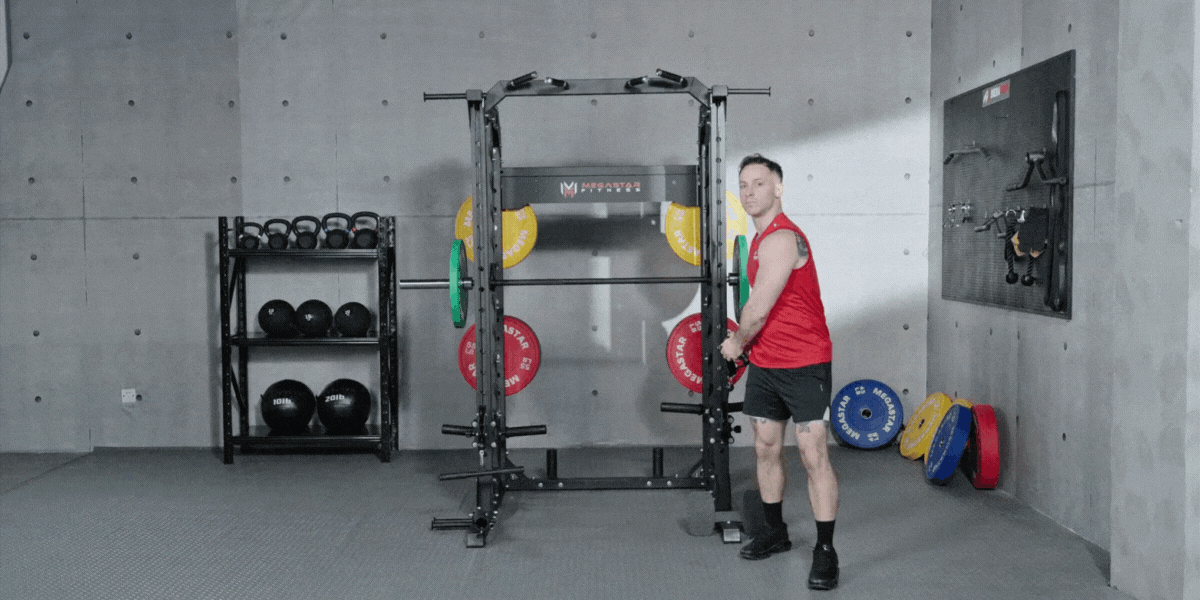
- Planks – Build core stability.
How to Pick the Right Weight
Here’s the test:
- Pick a weight you can lift for 8–12 solid reps.
- The last two should feel brutal but not sloppy.
- If you’re breezing through 12, bump the weight up by 5–10%.
How Often Should You Train?
As a beginner, 3–4 workouts a week is the sweet spot. Enough to make progress, not so much that you fry yourself.
- 3-Day Full Body Split – Hit all muscle groups each workout.
- 4-Day Upper/Lower Split – Upper body twice, lower body twice.
8-Week Beginner Program (Simple and Effective)
Day 1 – Full Body A
|
Exercise |
Sets x Reps |
Notes |
|
Squat |
3x8 |
Focus on depth and form |
|
Bench Press |
3x8 |
Keep shoulder blades retracted |
|
Barbell Row |
3x10 |
Maintain a flat back |
|
Hanging Leg Raise |
3x12 |
Engage lower abs, avoid swinging |
Day 2 – Rest / Light Cardio
- Optional: 20–30 min walking, cycling, or light cardio
- Focus on recovery and mobility
Day 3 – Full Body B
|
Exercise |
Sets x Reps |
Notes |
|
Deadlift |
3x6 |
Use proper hip hinge, keep back straight |
|
Overhead Press |
3x8 |
Stand tall, avoid arching the lower back |
|
Lat Pulldown |
3x8–10 |
Full range of motion, controlled tempo |
|
Cable Woodchoppers |
3x12 per side |
Rotate torso, keep core tight |
Day 4 – Rest
- Focus on stretching, foam rolling, or mobility work
Day 5 – Full Body C
|
Exercise |
Sets x Reps |
Notes |
|
Lunges |
3x10 each leg |
Step controlled, knee behind toes |
|
Incline Bench Press |
3x8 |
Target upper chest, maintain control |
|
Dumbbell Rows |
3x10 |
Core tight, avoid twisting torso |
|
Plank |
3 sets, max hold |
Keep body in straight line |
Day 6 – Rest or Active Recovery
- Light cardio, yoga, or stretching
- Prioritize joint mobility and recovery
Day 7 – Rest
- Stick with this for 8 weeks, and keep gradually adding weight as you get stronger.
Fueling Your Gains
Forget fad diets—muscle growth runs on simple, solid nutrition:
- Protein: Chicken, beef, eggs, fish, Greek yogurt, protein shakes.
- Carbs: Rice, oats, potatoes, fruit—your training fuel.
- Fats: Nuts, avocado, olive oil—key for hormones.
- Water: At least 2–3 liters a day.
Pro tip: Eat mostly whole, real foods, but don’t freak out if you grab a burger once in a while. Balance > perfection.
Recovery: The Secret Weapon
Aim for 7–9 hours of sleep. No excuses. That’s when your body repairs itself.
On rest days, don’t just sit around. Walk, stretch, or do yoga. Keep blood flowing without stressing your muscles.
Beginner Survival Tips
- Track your lifts—you’ll be shocked at how fast you improve.
- Don’t ego lift. Form beats numbers every time.
- Grab a workout buddy—it makes training more fun and keeps you accountable.
- Celebrate the little wins. Adding 5 pounds to your squat is still progress.
Wrapping It Up
Building muscle as a beginner doesn’t need to be rocket science. Master the basics: lift heavy (with good form), eat enough protein, rest like it matters (because it does), and stay consistent.
Give it a few months of honest effort, and you’ll be amazed at how far you’ve come.
Remember, every seasoned lifter in your gym once started exactly where you are now. The only difference? They stuck with it. You can too.

